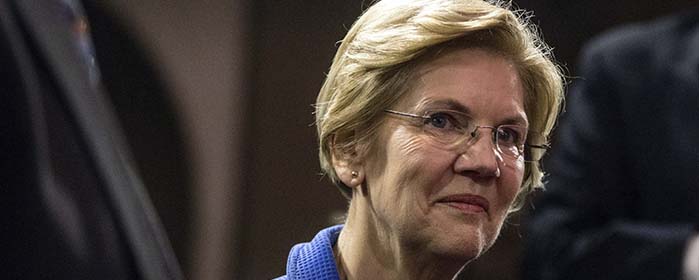TL;DR
- Warren urges cryptocurrencies to comply with conventional financial regulations.
- Proposes law against money laundering in the cryptographic field.
- Project faces obstacles in the US Senate.
Senator Elizabeth Warren, Democratic representative of Massachusetts, has once again expressed her critical stance towards the cryptocurrency industry, underscoring the need for them to be subject to the same regulations that govern the traditional financial sector in the United States.
In a recent interview with Bloomberg Television, Warren expressed her willingness to collaborate with the industry, but expressed perplexity at its apparent insistence on maintaining a space for illicit activities, such as drug trafficking, human trafficking, terrorism, ransomware and other types of fraud.
The senator emphasized that in the American financial system, everyone must follow the same rules, and that cryptocurrencies must conform to these regulations.
To materialize her position, Warren has presented the bill “Digital Asset Anti-Money Laundering Act”, which seeks to apply the requirements of the Bank Secrecy Act to various actors in the crypto ecosystem, including miners, validators, wallet providers and other participants.
Warren’s proposed legislation has garnered some initial support, but has also encountered roadblocks on its path to regulation
The Senate Banking Committee, busy with other legislative priorities, has slowed the progress of the project, although the senator continues to show her commitment to this cause.

Warren’s stance reflects a growing concern around cryptocurrency regulation, especially as it relates to money laundering and other illicit activities.
As the cryptocurrency market continues to expand and gain influence, government establishments seeking to establish a clear and effective regulatory framework is becoming increasingly evident, although this goes against the essence of decentralization that cryptocurrencies promote and is encountering complications in its progress.
Elizabeth Warren has renewed her call for cryptocurrencies to be subject to the same rules that govern the traditional financial system in the United States.
His bill seeks to apply anti-money laundering regulations to various participants in the crypto world, although it faces challenges in its legislative process.

